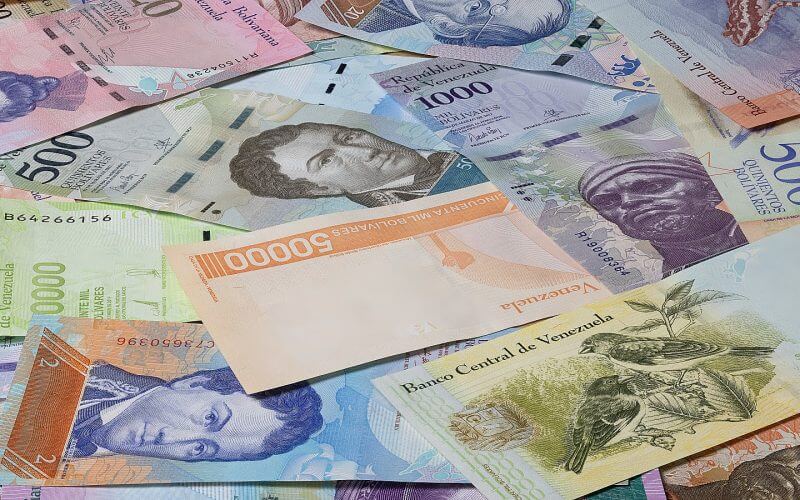Inflation is increasing at an alarming rate in Venezuela once again, threatening the alleged economic recovery carried out by dictator Nicolas Maduro.
According to an index compiled by Bloomberg, prices have increased at an annual rate of 359% over the past three months. While the current prices are still low compared to the hyperinflationary highs of recent years, it has increased compared to earlier in the year.
The inflationary trend shows an economic policy shift by Maduro’s regime: after years of cutting spending and the budget deficit, the government is once again printing.
Venezuela exited hyperinflation in January after the central bank decided to increase the dollar supply in the official exchange market. As a result, the measure saw monthly inflation rates moderating in March.
However, Maduro eased several public spending restrictions, leading to an increase in the supply of local currency. The additional money that is currently being injected into the economy is devaluating the bolivar’s value and driving consumer prices to increase.
“Venezuela has technically exited from hyperinflation, but it’s locked in high monthly inflation rates,” said Daniel Cadenas, an economics professor at the Metropolitan University in Caracas. “We won’t see less than 100% annualized inflation unless there is a change in economic policy.”
The inflation and diminishing purchasing power are causing thousands of people to leave Venezuela in search of better opportunities and live somewhere else. According to the United Nations, around 7 million Venezuelans have already fled the country.
“Venezuela has Dubai-like prices for products while people are paid Sudan-like salaries. This affects mostly the poor, 93% of the population,” Cadenas said










